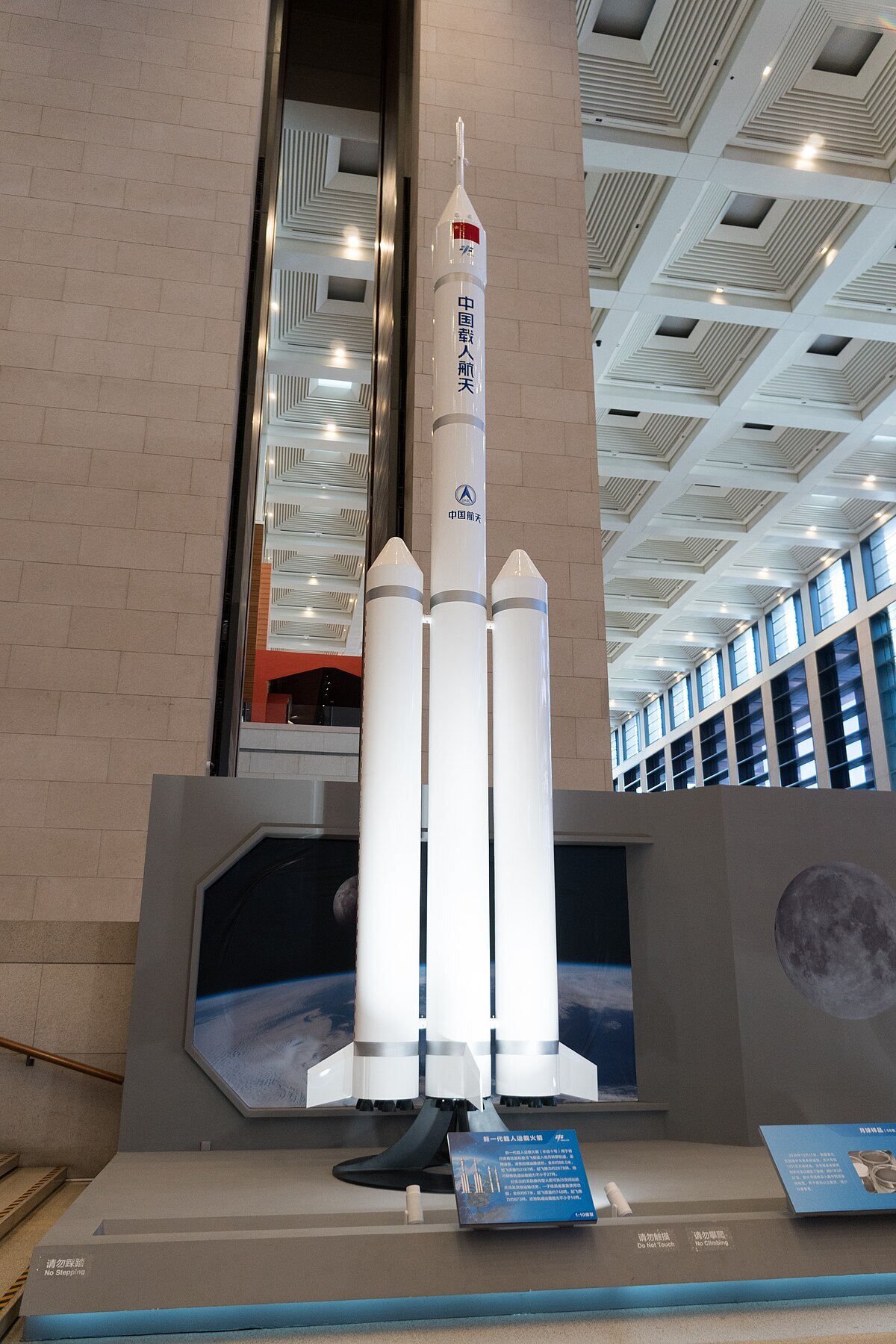22.07.2023

China is currently developing a new carrier rocket and manned spacecraft as part of its goal to land astronauts on the moon by 2030, the country's space experts said.
The new carrier rocket Long March-10 is mainly developed for the purpose of sending spacecraft and moon lander into the Earth-moon transfer orbit, said Rong Yi, a rocket expert with the China Academy of Launch Vehicle Technology under the China Aerospace Science and Technology Corporation (CASC).
The Long March-10 uses liquid hydrogen, liquid oxygen and kerosene as propellants. It has a total length of about 92 meters, a takeoff weight of about 2,187 tonnes, a takeoff thrust of about 2,678 tonnes, and a carrying capacity of no less than 27 tonnes for the Earth-moon transfer orbit.
A non-booster configuration of the new rocket is capable of conducting missions for transporting astronauts and cargo to the space station. Its total length is about 67 meters, the takeoff weight is about 740 tonnes, the takeoff thrust is about 892 tonnes, and the low-Earth orbit carrying capacity is no less than 14 tonnes.
The Long March-10 is a strategic support for China to land astronauts on the moon before 2030, and it is expected to prepare for its maiden flight in 2027, said Rong in a recent interview with Xinhua.
The new manned spacecraft adopts modular design, consisting of an escape tower, a return capsule and a service module. It can meet the needs of near-earth and deep space missions.
According to an expert with the China Academy of Space Technology under the CASC, the spacecraft has an orbit mass of about 26 tonnes and can carry three astronauts. It is mainly used to send astronauts to orbit around the moon and return to Earth.
Unlike three-module Shenzhou spacecraft, the new spacecraft has two parts. One is the return capsule, which is the command center of the whole spacecraft and the living quarters for the astronauts. The other is the service module, which is the energy and power center. The two-module structure makes the spacecraft flexible with more reusable parts.
On the basis of the new spacecraft, China is also developing near-earth spacecraft with a capacity of four to seven crew members, which is prepared for the country's space tourism.
Quelle: Xinhua
